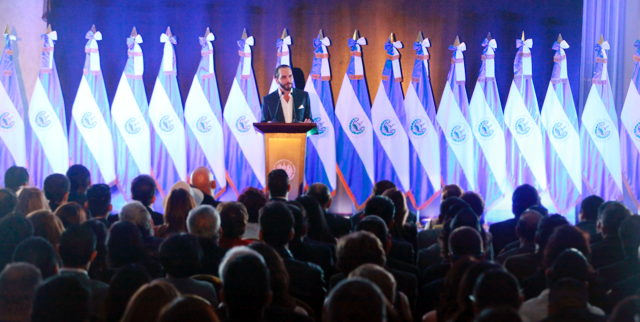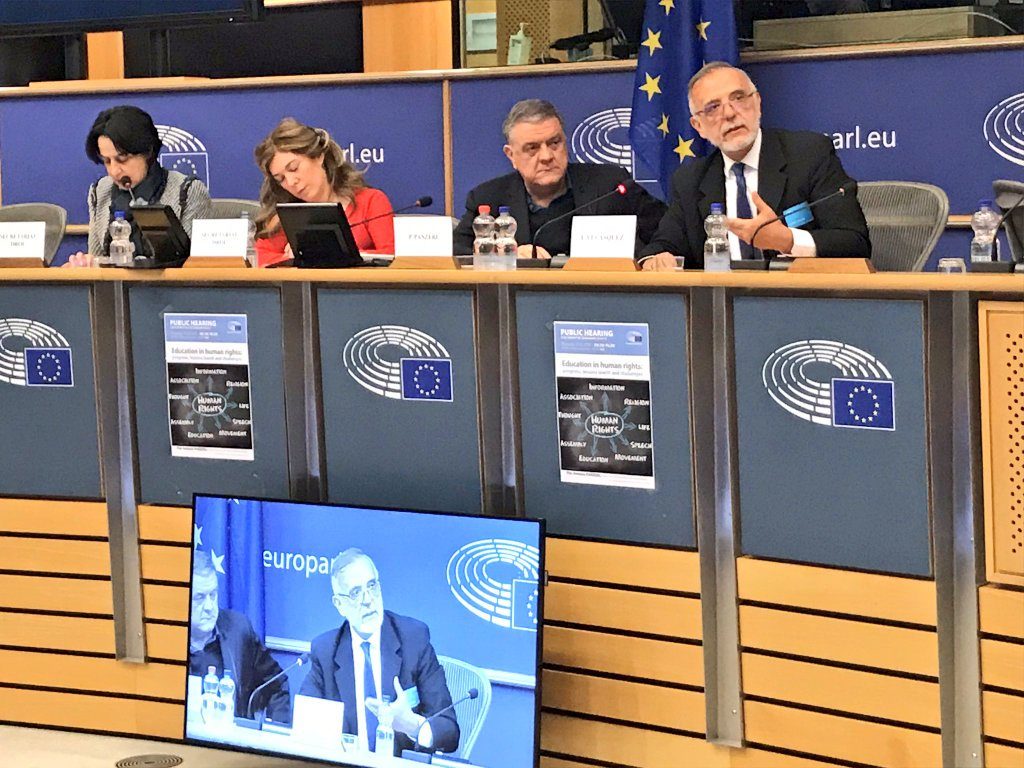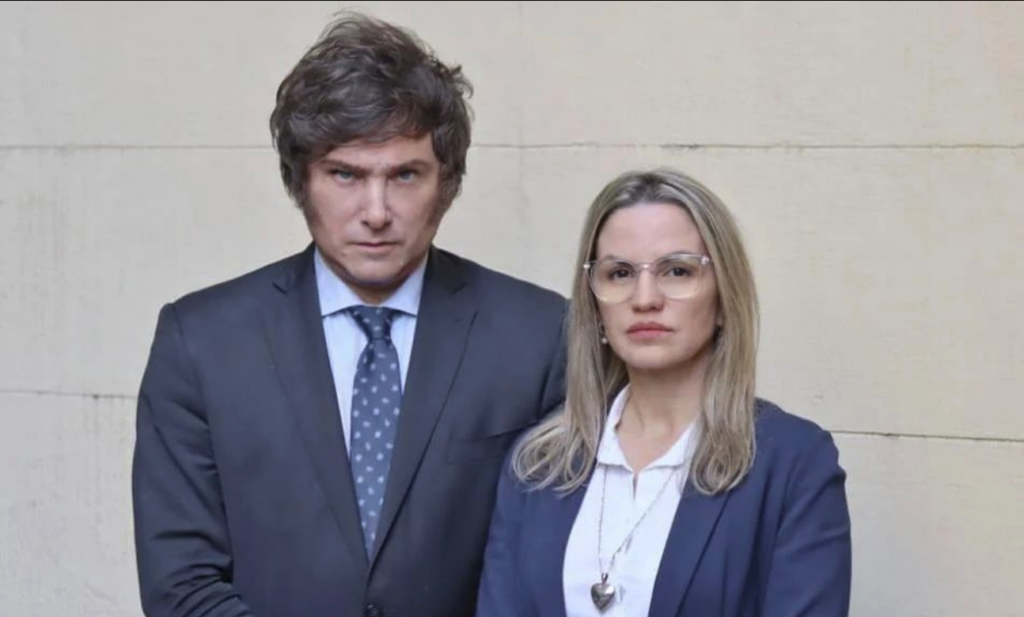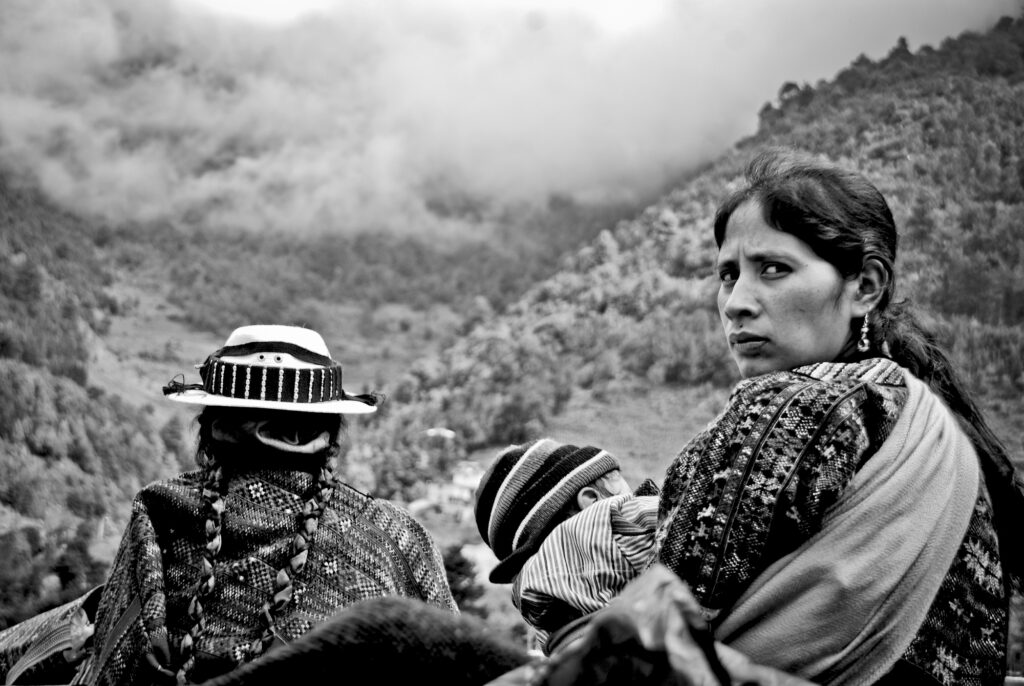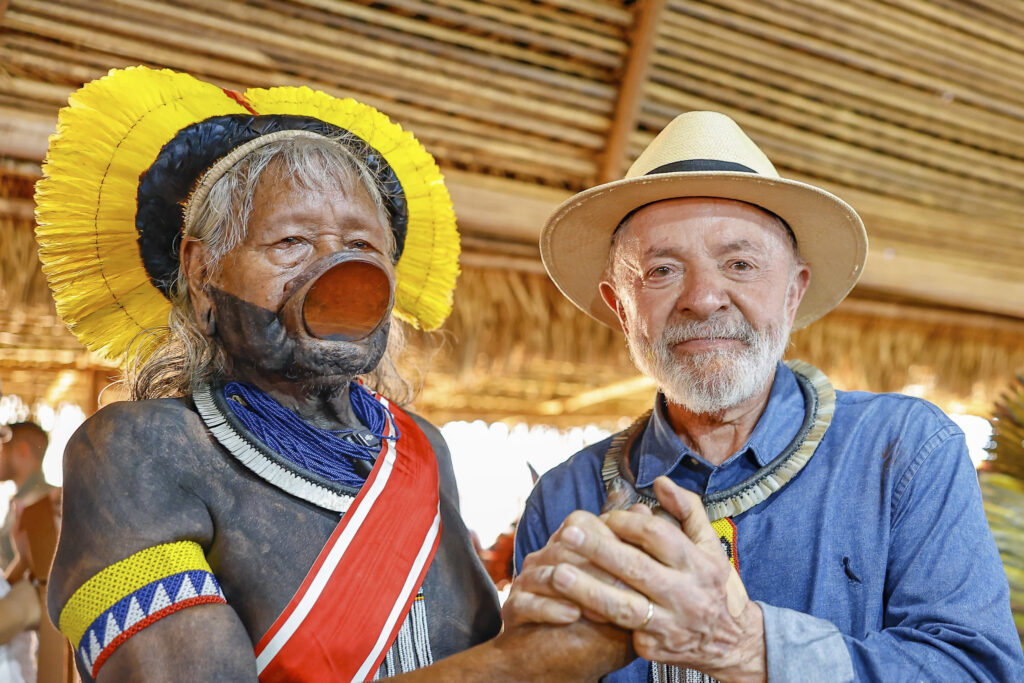El Salvador’s nascent anti-corruption commission, the International Commission Against Impunity in El Salvador (CICIES), is still far from completion unlike those in Honduras and Guatemala.
Its creation was a key promise in the newly-elected Nayib Bukele’s presidential campaign, and those who watched him take office shouted “Down with the corrupt!” and “We want the CICIES!”
On June 7, Vice President Félix Ulloa confirmed that the government was in “advanced conversations” with the OAS and the UN about the CICIES, but no formal plans have been released. Leonor Arteaga, program director at the Due Process of Law Foundation (DPLF) highlighted that it is paramount the government release a concrete proposal giving detailed information about what the CICIES will entail.
“We need to know how real it is, how genuine the president’s intention to fight corruption is,” she told Latin America Reports in a phone interview. “Right now, the CICIES is still just a campaign promise – we need to know what it is exactly. If not, there is the risk that Nayib Bukele and his government could use the CICIES as a way to purge his political enemies.”
For the CICIES to have the same power as the Guatemala’s CICIG — that is, the capacity to investigate and accuse independently – Bukele will have to get a Constitutional Reform approved by the legislative assembly. Many MPs in the El Salvadorian assembly are involved in corruption scandals themselves — in May, the Prosecutor’s office opened an investigation into an alleged “corruption network” in the assembly. If the assembly votes against such a reform, then it is likely to be a weaker commission, similar to the MACCIH in Honduras.
Read more: Protests in Honduras continue amid calls for president’s resignation
In El Salvador, which has one of the highest homicide rates in the world, violence, not corruption is the main concern. If Bukele creates the CICIES based upon the image of the CICIG, however, then it will have the potential to fight this issue. According to the International Crisis Group (ICG), the CICIG contributed to an annual five percent decrease in homicides over its mandate in Guatemala, whereas homicide rates in surrounding countries either showed no change, or increased.
“There is the perception that violence occurs one thing at a time, but really what is behind this systematic violence is a network,” explained Arteaga. “It’s a framework of corruption, and someone is promoting this violence.” These networks definitely go high up into politics in El Salvador, but people don’t know about them, they’re not public. The CICIES will have the challenge not only to investigate isolated cases but also to go after this tangle of complicity and corruption that is behind violence in El Salvador.”
Unlike with the CICIG and the MACCIH, momentum behind the CICIES is being led more by the Salvadoran government than by citizen demand. While political support behind the commission could give it the integrity it needs to make a difference, Bukele still has the challenge of getting the commission approved through Congress.


